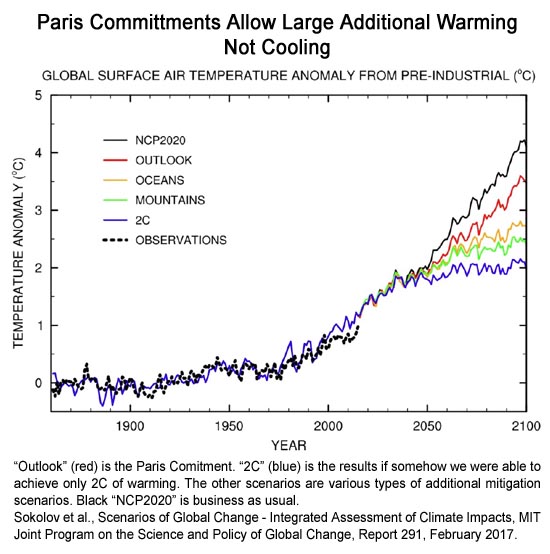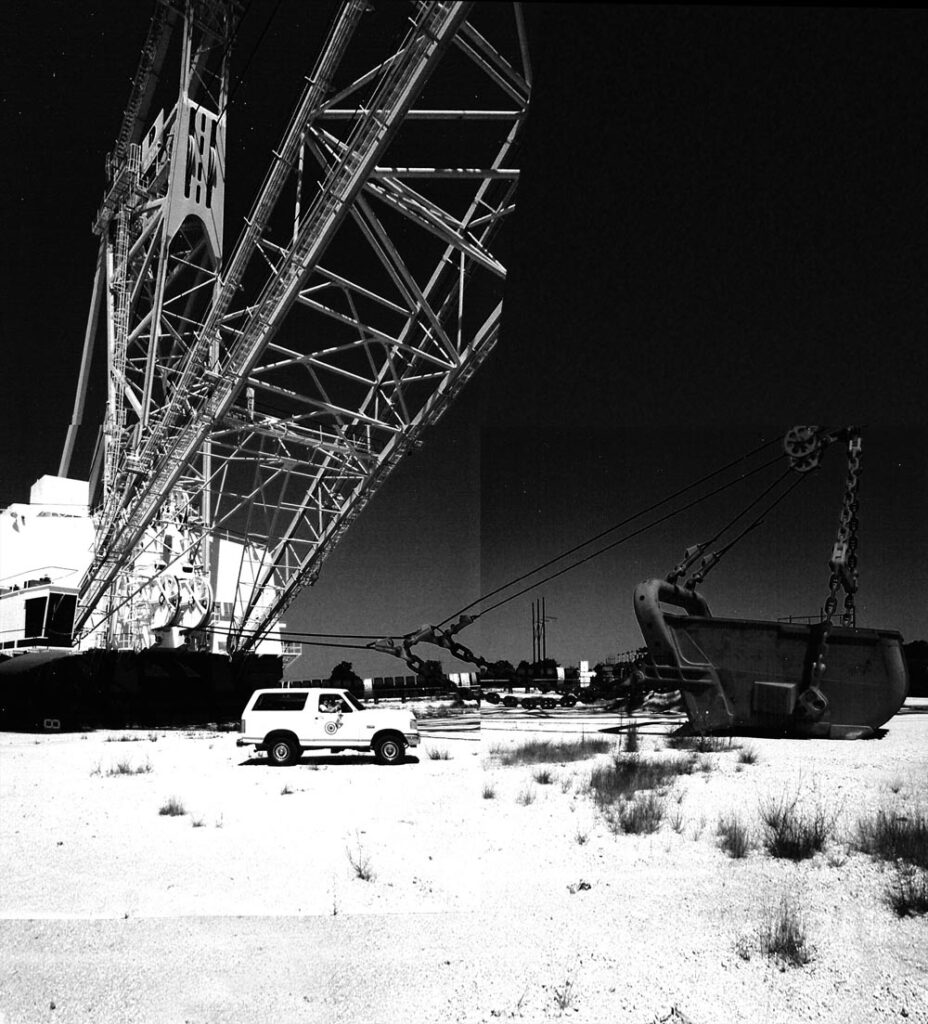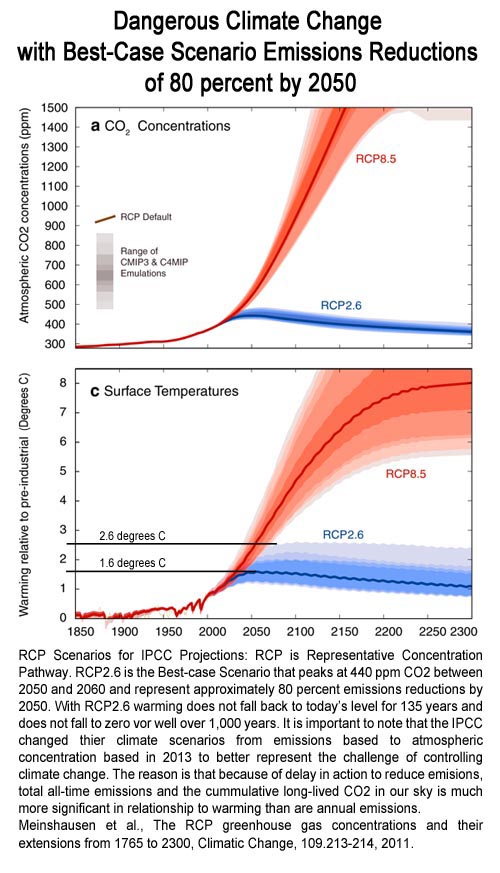
The Yale Climate Opinion Maps are nothing but astonishing in their depth of coverage. The folks at Yale have accumulated climate opinions nationwide down to the county level in an easy to use interactive format. Their work is truly a fundamentally important way to understand what Americans really think about climate change. Pick your…


















